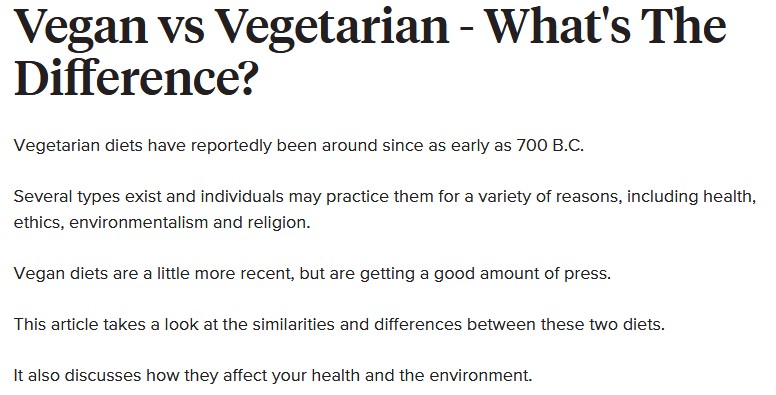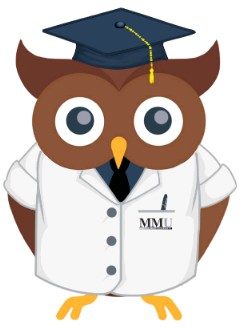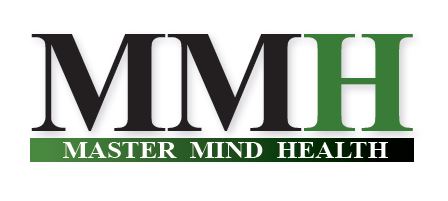? Article Knowledge from the Field of Master Mind Health (MMH) ?
Shared from the home of: Joseph Mercado ?
Facebook Content Contributor: Jennifer Fogle ?
Author of Article: Aline Petre, MSc RD ?
Blog Post #508 ?
Keyword: Nutrition ?
Universal Principle: Law of Health ?
Article Title: Vegan vs Vegetarian – What’s the Difference? ?
To: Entrepreneur ?
Re: Health and Nutrition ?
Date: Sunday, October 14, 2018 at 3:10 p.m. ⏰
Dear Entrepreneur,
Vegetarian diets have reportedly been around since as early as 700 B.C.
Several types exist and individuals may practice them for a variety of reasons, including health, ethics, environmentalism and religion.
Vegan diets are a little more recent, but are getting a good amount of press.
This article takes a look at the similarities and differences between these two diets.
It also discusses how they affect your health and the environment.
What Is a Vegetarian Diet?
According to the Vegetarian Society, a vegetarian is someone who does not eat any meat, poultry, game, fish, shellfish or by-products of animal slaughter.
Vegetarian diets contain various levels of fruits, vegetables, grains, pulses, nuts and seeds. The inclusion of dairy and eggs depends on the type of diet you follow.
The most common types of vegetarians include:
Lacto-ovo vegetarians: Vegetarians who avoid all animal flesh, but do consume dairy and egg products.
Lacto vegetarians: Vegetarians who avoid animal flesh and eggs, but do consume dairy products.
Ovo vegetarians: Vegetarians who avoid all animal products except eggs.
Vegans: Vegetarians who avoid all animal and animal-derived products.
Those who do not eat meat or poultry but do consume fish are considered pescatarians, whereas part-time vegetarians are often referred to as flexitarians.
Although sometimes considered vegetarians, pescatarians and flexitarians do eat animal flesh. Therefore, they do not technically fall under the definition of vegetarianism.
Bottom Line: Vegetarian diets exclude meat, poultry, game, fish and shellfish. Certain types of vegetarians also exclude eggs, dairy or other animal by-products.
What Is a Vegan Diet?
A vegan diet can be viewed as the strictest form of vegetarianism.
Veganism is currently defined by the Vegan Society as a way of living that attempts to exclude all forms of animal exploitation and cruelty as much as possible.
This includes exploitation for food and any other purpose.
Therefore, a vegan diet not only excludes animal flesh, but also dairy, eggs and animal-derived ingredients. These include gelatin, honey, carmine, pepsin, shellac, albumin, whey, casein and some forms of vitamin D3.
Vegetarians and vegans often avoid eating animal products for similar reasons. The largest difference is the degree to which they consider animal products acceptable.
For instance, both vegans and vegetarians may exclude meat from their diets for health or environmental reasons.
However, vegans also choose to avoid all animal by-products because they believe this has the largest impact on their health and the environment.
In terms of ethics, vegetarians are opposed to killing animals for food, but consider it acceptable to consume animal by-products such as milk and eggs, as long as the animals are kept in adequate conditions.
On the other hand, vegans believe that animals have a right to be free from human use, be it for food, clothing, science or entertainment.
Thus, they seek to exclude all animal by-products, regardless of the conditions in which animals are bred or housed.
The desire to avoid all forms of animal exploitation is why vegans choose to forgo dairy and eggs — products that many vegetarians have no problem consuming.
Bottom Line: Vegetarians and vegans differ in their beliefs regarding the use of animals by humans. This is why some vegetarians may consume animal-derived products, whereas vegans do not.
Nutrition Considerations for Vegetarian and Vegan Diets:
Research shows vegetarian and vegan diets tend to be low in saturated fat and cholesterol.
They also tend to contain high amounts of vitamins, minerals, fiber and healthy plant compounds (1).
What’s more, both diets contain a high amount of nutrient-dense foods. These may include fruit, vegetables, whole grains, nuts, seeds and soy products (1).
On the other hand, poorly planned vegetarian and vegan diets could result in low intakes of some nutrients, particularly iron, calcium, zinc and vitamin D (1, 2).
Both diets also tend to contain limited amounts of vitamin B12 and long-chain omega-3 fatty acids, although levels of these nutrients are generally lower in vegans than vegetarians (1).
Bottom Line: Vegetarians and vegans generally consume similar levels of most nutrients. However, poorly planned diets could result in low intakes of several nutrients.
Which Is Healthier?
According to a report from the Academy of Nutrition and Dietetics and several scientific reviews, both vegetarian and vegan diets can be considered appropriate for all stages of life, as long as the diet is planned well (1, 2, 3, 4).
An insufficient intake of nutrients such as omega-3 fatty acids, calcium, and vitamins D and B12 can negatively impact various aspects of health, including mental and physical health (5, 6, 7, 8).
Both vegetarians and vegans may have lower intakes of these nutrients. However, studies show that vegetarians tend to consume slightly more calcium and vitamin B12 than vegans (9, 10).
Nonetheless, both vegetarians and vegans should pay special attention to nutrition strategies meant to increase the absorption of nutrients from plant foods (2).
It may also be necessary to consume fortified foods and supplements, especially for nutrients such as iron, calcium, omega-3 and vitamins D and B12 (1, 11).
Vegetarians and vegans should strongly consider analyzing their daily nutrient intake, getting their blood nutrient levels measured and taking supplements accordingly.
The few studies directly comparing vegetarian to vegan diets report that vegans may have a somewhat lower risk of developing type 2 diabetes, heart disease and various types of cancer than vegetarians (12, 13, 14, 15).
In addition, vegans tend to have a lower body mass index (BMI) than vegetarians and seem to gain less weight as they age (12, 16).
That said, most studies so far have been observational in nature. This means that it’s impossible to say exactly which aspect of the vegan diet produces these effects or confirm that diet is the only determining factor.
Bottom Line: A vegan diet may be better than a vegetarian diet for controlling weight and reducing the risk of certain diseases. However, if not well planned, a vegan diet is also more likely to cause nutrient deficiencies.
Veganism Is About More Than What You Eat:
Although vegetarians and vegans may choose to avoid animal products for similar purposes, this choice often extends beyond diet for vegans.
In fact, veganism is often considered a lifestyle strongly anchored in animal rights.
For this reason, many vegans also avoid purchasing clothing items containing silk, wool, leather or suede.
What’s more, many vegans boycott companies that test on animals and only purchase cosmetics that are free of animal by-products.
Ethical vegans also tend to steer clear of circuses, zoos, rodeos, horse races and any other activities involving the use of animals for entertainment.
Finally, many environmentalists adopt a vegan diet for its reduced impact on the earth’s resources and the benefits it has against climate change (17, 18, 19).
Bottom Line: For many, veganism is more than just a diet. This explains why many vegans refuse to spend money on clothing, beauty products or entertainment that involves the exploitation of animals.
Take Home Message:
Vegetarians and vegans may avoid consuming animal products for similar reasons, but do so to various extents.
Several types of vegetarians exist, and vegans are at the strictest end of the vegetarian spectrum.
Both types of diet can be considered safe for all stages of life, but vegan diets may even offer additional health benefits.
However, it’s important for both vegetarians and vegans to plan their diets well in order to avoid health problems over the long term.
Allow MMU to help connect you with knowledge and wisdom using experiences as the bridge.
To Your Healthy Success,
Alina Petre, MSc RD ?
Author, Writer, and Content Contributor for HealthLine.com ?
P.S. Learn how to become a healthy entrepreneur through online education with MMU. ?
Do you know someone who can learn from this educational post
If so….
Please share Vegan vs Vegetarian with your family, friends, colleagues, and business partners. ?
Thank You. ?

![]()
➡ Have a question about this health post?
Please send us an email message below or reply in the comment section at the bottom of this post and we will answer you momentarily. ?






